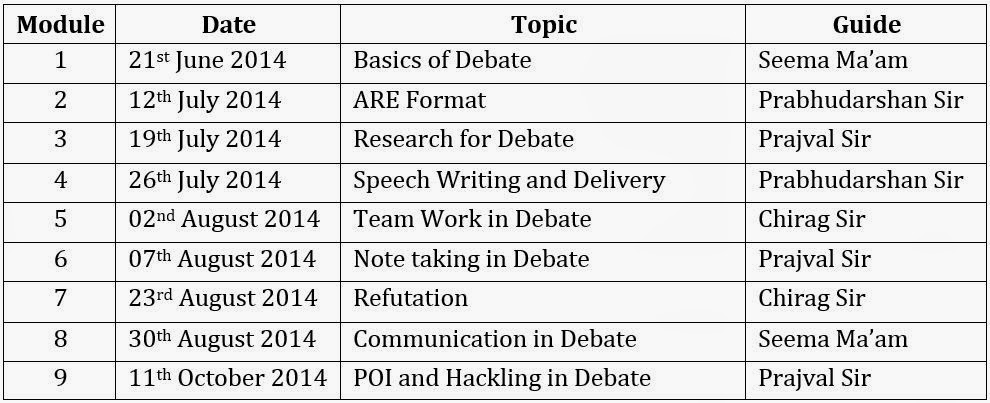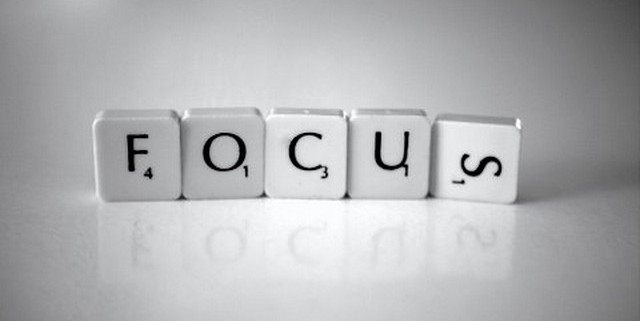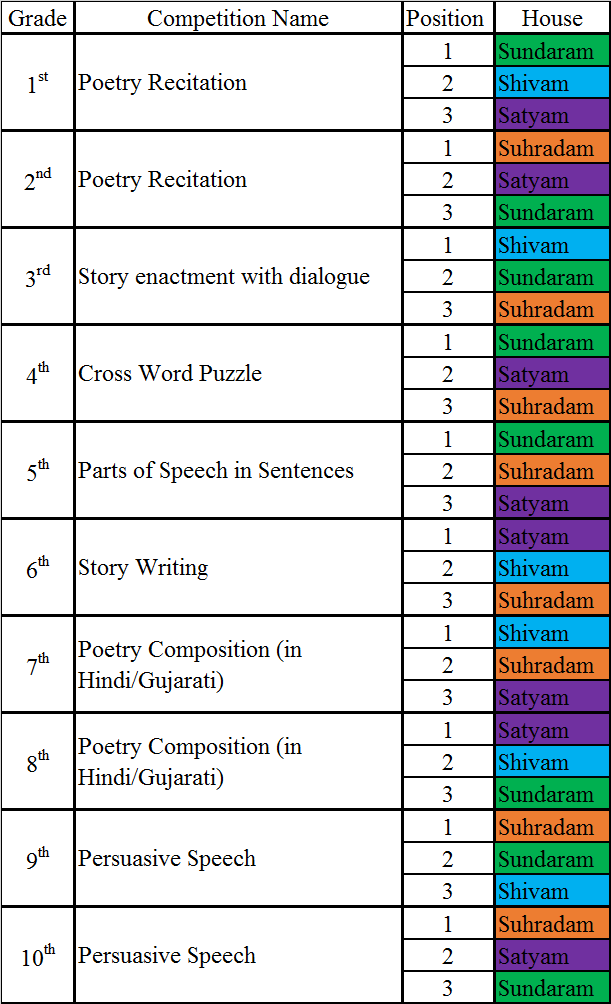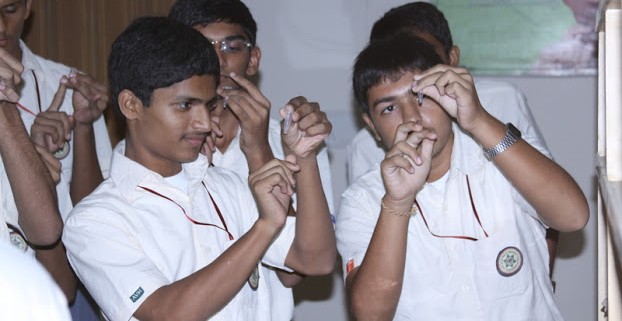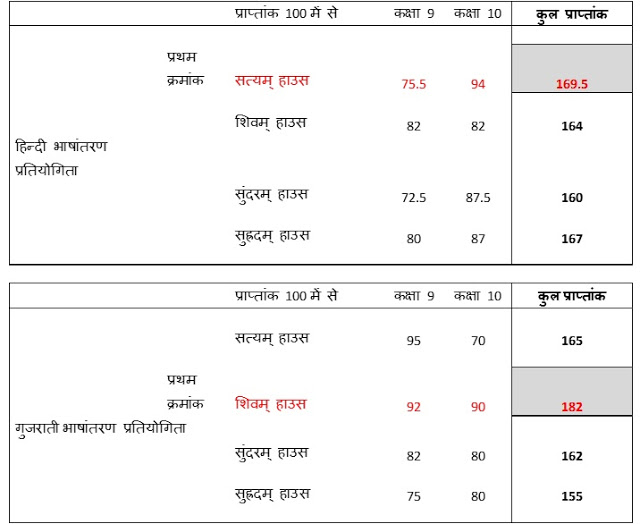The Interhouse Logical Intelligence Competition 2014-15
/in 21st Century Skills, AVM Updates, Thinking Skills /by AVM TeachersReal Intelligence: Vachanamrut Pratham 18
/in AVM Updates, Prayer, Thinking Skills, Value Based Education /by AVM TeachersTaking reference from the holy scripture Vachanamrut and excerpts from the blessings of Param Pujya Hariprasad Swamiji, the following was conveyed in the assemblies throughout the week:
- If we speak inappropriately, we fill ourselves with negativity via our tongue. Negative or inappropriate words take away our energy and decreases our ability to perform our daily tasks. When we eat inappropriately, that negativity is reflected out when we crave to taste a particular food item that we bind ourselves with and that leads to frustration when we don’t get it. It also lures us to overeat and makes us lazy.But if we speak appropriately and only about relevant things and also do not allow our sense of taste to defeat us, we will remain enthusiastic and energetic, and experience positivity in ourselves.
- If we listen to irrelevant or inappropriate words or music, it fills us with negativity. On the other hand, wise and positive words, good books, appropriate songs or bhajans increases the positivity in us. Relating to the daily experiences of students, it was highlighted that sometimes when we sit down to study or try to think about something new, we hear in our head, some music or song that we may have heard in the past. That actually divides our focus and ends up wasting our time.
- Our eyes are also remarkably capable of experiencing the world around us. Most of the times, we are not even aware of what we are seeing. If we allow our eyes to watch the negative of others or irrelevant things or inappropriate movies or shows, we will actually harm our own self. However, if we just see positive in others or allow our eyes only to see relevant and appropriate things, we shall experience an increase in energy and enthusiasm in our own self. Children also understood that memories of inappropriate movie scenes or irrelevant scenes or looking at the negative aspects of others or negativity in different situations, causes us to lose our concentration and even leads us to anxiety, anger and frustration.And the same is the case for our sense of smell and touch.
- Further it was made clear that our brain is like a sponge. It absorbs everything through the five senses. Anything we see, hear, taste, feel and smell will get stored in our brain. As a result, this will ignite emotions based on the quality it possesses.If the input is positive then it will help us to conserve our energy, keep us enthusiastic, motivated and bring eternal bliss.
If the input is negative and we keep or dwelling upon it again and again the effect of it will be brutal. It will be like taking an intoxicant, a drug that will take control of our thinking ability and not allow us to think appropriately and hence we will feel anxiety, anger, frustration etc… It will also be a waste of lot of energy and time.
- In Pratham 18, Shreeji Maharaj has also showed the way to keep our senses positive i.e. being with positive people, having darshan of Thakorji or saints, or watching appropriate documentaries or movies, can inspire us greatly.
Hence, Pratham 18 acts as an eye opener in our life. One who is aware of the ill-effects of dwelling on the negative things and puts consistent effort to maintain the positive inputs through one’s senses is a real intelligent person. Such a person will be able to conserve, nurture and utilize his energy to do productive tasks and will be able to achieve all his goals.
Children were also made aware that Shreeji Maharaj, towards the end in this Vachanamrut, says that “If you do so, I shall consider it to be equivalent to you having served Me in EVERY WAY. I will also bless all of you and be EXTREMELY PLEASED with you.”
Thus throughout the week we understood that
- Senses are the precious gift of God to humans. Moreover, capability to think is like icing on cake.
- We must be clear of what we want to do with our life. Have a goal, a destination to achieve.
- Keep the company of people who are positive, who aim high and who persevere to achieve their destination and goal.
- Perform daily religious and spiritual rituals like aarti, prayers, pooja and swadhyay.
- Have complete faith in God.
- Keep the company of God realised saint to get constant motivation and guidance.
Thus, it was understood that by keeping our senses positive, we are actually serving God and, that is the true service of our soul and hence, of God. A real intelligent person realises that there is no limit to the bliss of God. He understands that he is different from his body, he is aatma and his birth here is mainly to purify his aatma and attain higher bliss of God.
Developing Immunity against Distractions!
/in AVM Updates, Thinking Skills, Value Based Education /by Seema Joshi‘A wise person identifies the flaws within himself and thoughtfully eradicates them.’
The third important aspect of the teachings of Vachnamrut P-16 is ‘A wise person accepts whatever words of advice GOD and saint offer as the highest truth but does not doubt their word in any way.’ This was very well explained through a presentation by students with the guidance of Binu Ma’am.
The brightest day of the week was Thursday when students watched a video clipping of Swamiji. The students were enlightened by listening about the valiant and great warrior Shivaji and his Guru Ramdas. In this video, it was stressed upon, that Guru foresees the impending danger and protects us from all odds hence Guru’s words consist highest truth.
In today’s world, where alluring and distractive elements are inevitably our daily encounters, the much relevant and most prominent part of Vachnamrut P-16 is ‘a wise person identifies those objects and evil company that may cause bondage and raise deficiencies in his (goal) ekantik dharma and shuns them; but he does not become bound by them.’
In Friday’s assembly, this thought was elaborated with examples and presentation so students can build the technique to seize that unstable mind and drag it from its wanderings and fix it on one idea. Students were suggested to seek constant strength from God to be strong enough to withstand the distractions and remain determined towards their goal so that they cannot be swayed by diverting elements.
Finally, this Sundaram House week’s assemblies concluded on Saturday, with an urge to the students to imbibe positive thoughts and avoid negative thoughts. Students were explained how good company and friendship with saints can help them harbour good thoughts and repel evil thoughts.
As the summative examinations are approaching AVM students are all set to follow the prudent teachings of Vachnamrut Pratham-16 so that they can conquer all those diverting thoughts.
Good News!! Students of Atmiya Vidya Mandir are learning to tame their mind… they are learning to nip the bad thought in its bud.
The budding writers, poets, orators of AVM
/0 Comments/in 21st Century Skills, AVM Updates, Creativity, Thinking Skills /by Seema JoshiTo a Research Laboratory – an overwhelming experience!
/in 21st Century Skills, AVM Updates, Teaching, Thinking Skills /by AVM Students
Although the experiment was long, there wasn’t any trace of tiredness on anyone’s face and enthusiasm seemed permanent! And then the time was for results of the experiment and of course it had to be the best due to the Grace of Swamiji, efforts put by students as well as our teachers. We were very much satisfied due to the achieved outcome. In the evening, after a long day of learning and exploring the field of Biotechnology, the team enjoyed a delightful dinner at Subway.
On the 27th July, we were back to school with new learning, new experiences and satisfied curiosity, all due to the grace of Param Pujya Hariprasad Swamiji. And not to forget all the enthusiasm and support of Sarvajit Sir and Archana Ma’am (our Biology teacher) who patiently executed this wonderful educational trip in such a way that it could not have been any better. Their determination, dedication and devotion towards the academic welfare of students made such a learning process possible. We all express special gratitude to them.
This well planned trip taught us the important virtues such as Atmiyata, patience, hard work and a very essential scientific approach.
Visual-Spatial Intelligence Competition: The Expedition from Vision to Reality
/0 Comments/in 21st Century Skills, AVM Updates, Thinking Skills /by AVM Teachers- Colouring plays a major role in the development of children. Various pictures were provided to students for colouring by Manish Sir and Suhradam Sir.
- All the students of grade I to III enthusiastically participated and enjoyed the colouring competition. They were able to showcase their imagination, choice of colours and creativity that helped them to develop attractive colour combination, hand-eye coordination and fine motor skills. It was a pleasure to watch these tiny tots work with such ease.
- “Imagine the concept and make your imagination visible to all” was the main idea of the competition organized for grade IV to VI by Sunita Ma’am and Binu Ma’am.
- The theme for grade IV was “Season”. Two participants from each house, thus total eight students participated and demonstrated their ability to organize related pictures of the season in the given space to make their model relevant and sensible.
- For grade V, two participants from each house were selected, thus total eight students were there for making a model of different landscapes like desert, polar region, coastal plain and valley.
- For grade VI, four participants from each house were selected, thus total sixteen students were there for making models of different land forms like plateau, island, mountain-valley and coastal plain.
- Participants of Model Making competition showed their ability to visualise the world, perceived and interpreted in their own way. They were able to think in three-dimensional terms and re-created ideas into eye-catching models.
- Accurate and abstract visualization is just one of the many skills possessed by ‘picture smart’ students. With their exceptional ability to memorize the pictures shown to them, grade VII and VIII students drew and labelled the pictures based on topics picked up from science.
- There were four participants from each house, thus total sixteen students participated in this competition under the guidance of Anand Sir and Prerak Sir.
- A Mind Map is a powerful graphic technique which provides a universal key to unlock the potential of the brain. It harnesses the full range of cortical skills – word, image, colour, spatial awareness and precise information of the topic – in a single, unique powerful manner. To encourage students to show their creativity, Mind Mapping competition was organized under the guidance of Samidh Ma’am and Rashmi Ma’am.
- There were four participants from each house, thus, total sixteen students participated in this competition. The theme “Physical Features of India” and “Natural Resources” were given to grade IX and X respectively.
- Participants of this competition exhibited an extraordinary ability to create a mental map providing a strong sense of spatial awareness for the topics given to them.
Intrapersonal Intelligence Competition 2013-14
/0 Comments/in 21st Century Skills, AVM Updates, Thinking Skills /by AVM TeachersStudents with intrapersonal intelligence have a deep awareness of their feelings, ideas, and goals. They have self-reflective capacities i.e. what one’s strength or weakness is. Often they have capacity to introspect and predict their own reactions at certain situations. They generally enjoy analyzing theories and ideas. So, keeping the skills in mind various competitions for different grades were organised for the four houses.
Group A: (Std. I to III) – Puzzle, Picture Pasting & Observe and Write
- For grades I and II, two students from each house were selected, thus total 8 students participated in Puzzle Solving and Picture Pasting competition under the guidance of Vaishali Ma’am and Sunita Ma’am.
- For picture pasting, participants were given few pictures of “Do’s” and “Don’ts” for good habits. Students segregated and pasted the pictures in two paper baskets entitled: “Do’s” and “Don’ts”.
- All the students of grade 3 participated in “Observe and Write” competition. They watched the videos related to dental hygiene and then solved the thought provoking worksheet designed by Sharmil Ma’am.
Group B (Std. IV to VI) – Poster Making on General Hygiene
- Six participants from each house, thus total 24 students participated in the Poster Making competition under the guidance of Anand Sir and Prerak Sir.
- This competition helped the participants to illustrate not only their artistic talent and creativity but also demonstrate their deep awareness about general hygiene. They made poster on the topics: Respiratory Hygiene, Food and Water Hygiene, Hygiene in Toilet and Washroom, Hand Hygiene, and Laundry Hygiene.
- One of the posters was so marvellous that the viewers found it difficult to believe whether it was painted or was it a printed picture.
Group C (Std. VII – VIII) – Thoughts and Responses
- Two participants from each house, thus total 8 students participated in this group.
- This competition was aimed to stimulate imaginative thinking and reflective writing. Students were given an opportunity to know and express themselves.
- They were given three different situations for writing their own reflections. Students enjoyed it and got an opportunity to ponder upon the situations deeply. Their writing illustrated their ability to introspect and analyze the situations rationally which was praiseworthy. This reminds that “Wisdom is the ability to interpret a situation through God’s eyes”.
Group D (Std. IX – X) – Mind Mapping
- Four participants from each house, thus total 16 students participated in this group.
- The competition was aimed to instil creativity in students by encouraging and rewarding innovative thinking, where they had to analyze the theories given in their textbook. At individual level, they had to think upon the given topic and concisely represent the information on mind map. They were given the topic in advance. Under the guidance of Priyavadan Sir and Samidh Ma’am, all the participants showed mind-blowing performance.
- Out of all 16 participants, it’s worth mentioning the determination of Harshbhai Gondaliya from Std. 10. As soon as the topic was assigned, he started working on it and approached teachers many times until he was satisfied with his efforts.
Overall Results:
Mathematics: Gateway to all Sciences
/0 Comments/in AVM Updates, Thinking Skills /by AVM TeachersIt has played an important role in the advancement of any civilization. Sadly though, there is a common belief that Mathematics is a dry, boring and a difficult subject. On the contrary, if it is presented in an enjoyable manner, it is one of the easiest and most interesting subjects.
The exhibit also provides insight into the lives of great Mathematicians and in fact, it was inaugurated on 22nd December 2013, on the birth anniversary of the great Indian Mathematician, Srinivasa Ramanujan who has inspired millions so far. Interviews of many skilled people of different fields helped students to understand use of Mathematics in every day’s life.
When learning is fun, children become interested in the learning process and are motivated to learn even more. The ongoing Math Exhibition aims to further develop that interest and motivation in our wonderful children.

